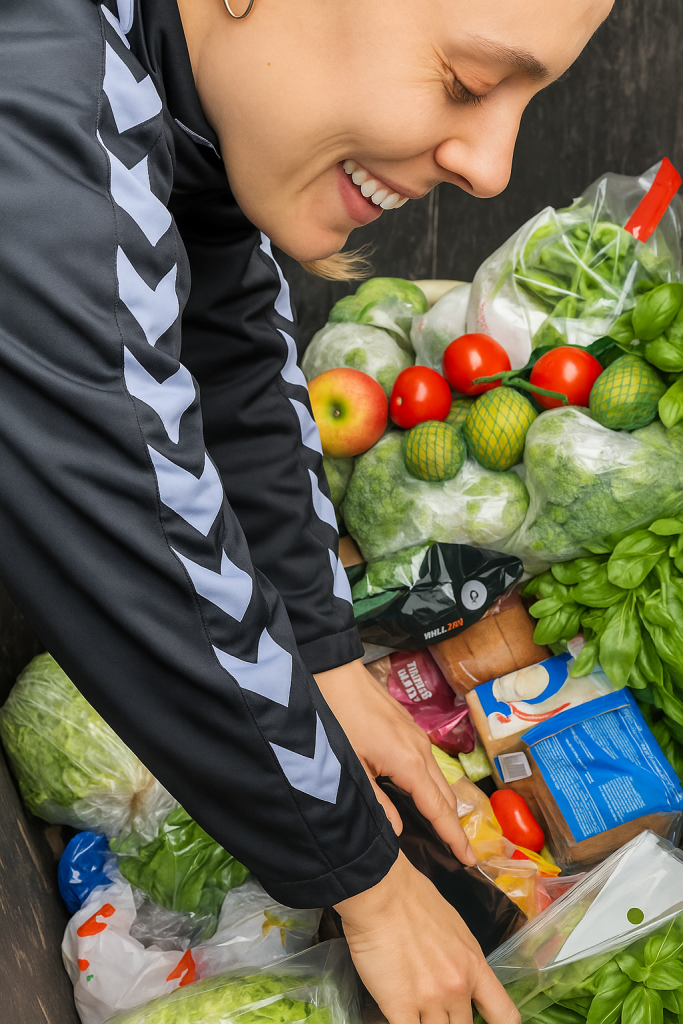In 2024, a surprising and somewhat controversial trend has captured public attention worldwide: people are turning to “dumpster diving” — the act of retrieving discarded food from dumpsters or trash bins — as a means to access free meals. What was once a necessity for a small group of determined individuals has gained a broader following, fueled by rising food costs, increasing awareness of food waste, and a growing movement focused on sustainability and anti-consumerism.
Nothing tastes better than free food from the trash has become a rallying cry for some, shared widely on social media platforms where users post photos and videos of their finds. From gourmet pastries salvaged near bakery waste containers to nearly untouched packaged shrimp or fruits, these scavengers are proving that a lot of food that is thrown away is still edible and in many cases, delicious.
Experts estimate that roughly one-third of all food produced globally is wasted before it even reaches consumers, often discarded due to strict sell-by dates, aesthetic imperfections, or overstock. This widespread waste starkly contrasts with the millions who experience food insecurity every day. For some dumpster divers, the activity is a way to fight against the systemic inefficiencies of food distribution. For others, it’s a way to combat the financial pressures caused by inflation and high living costs.
The trend is also closely tied to environmental efforts. By rescuing food from landfills, these individuals reduce methane emissions generated by decomposing organic waste, a major contributor to climate change. Many participants see it as a form of protest or activism, exposing the massive scale of avoidable waste perpetuated by corporate and consumer habits.
Despite the apparent benefits, eating food from trash containers isn’t without risks or controversy. Health experts caution that food found in dumpsters can sometimes be contaminated or spoiled, posing potential dangers if not carefully inspected and handled. Moreover, laws regarding dumpster diving vary widely by location, and some municipalities classify it as trespassing or theft, which has led to legal confrontations in certain communities.
Yet, platforms that focus on the “freegan” lifestyle — a philosophy centered on minimal consumption and reclaiming wasted resources — have grown notably in 2024. Influencers and grassroots organizations promote tips on safely collecting and preparing retrieved food, helping newcomers to reduce risk while making the experience as rewarding as possible.
Across urban centers in North America, Europe, and parts of Asia, food waste consumption groups and social media challenges have helped normalize dumpster diving, transforming it from a stigma-laden act into a statement about consumer culture and sustainability. Some businesses have even begun collaborating with food waste rescuers by leaving designated bins outside for people to take what would otherwise be trashed.
While the idea of eating free food from trash may initially provoke disgust or concern, the trend shines a light on deeper societal issues — food insecurity, environmental sustainability, and economic inequality.
In 2024, with food prices continuing to surge and the global call for sustainability growing louder, dumpster diving is no longer just a fringe activity but an emblem of resilience, resourcefulness, and a challenge to how society values its resources. Whether as a necessity or a statement, the practice continues to spark dialogue about how to make food systems more equitable and waste-conscious.



